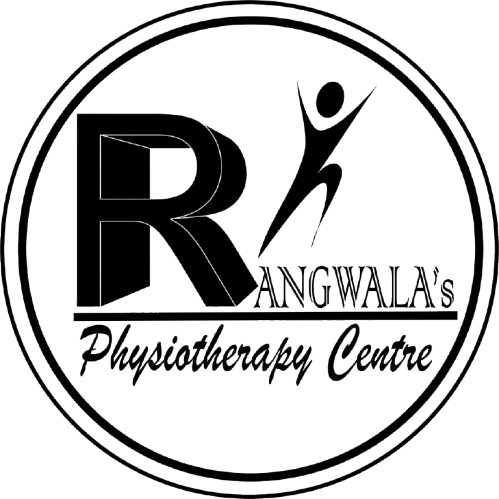Living with frozen shoulder can be challenging, but with the right strategies and rehabilitation techniques, you can improve your shoulder mobility and regain your quality of life. Here are some coping strategies and tips for managing frozen shoulder:
1. Be Patient: Frozen shoulder is a condition that takes time to improve. Be patient with the recovery process and avoid pushing your shoulder too hard, as this can lead to further pain and stiffness.
2. Follow Your Treatment Plan: Work closely with your healthcare provider and follow the recommended treatment plan, including exercises, medications, and therapies.
3. Gentle Stretching: Perform gentle stretching exercises recommended by your physical therapist to gradually improve the range of motion in your shoulder. Avoid overstretching or straining the joint.
4. Regular Exercise: Engage in low-impact exercises that don’t put too much strain on the shoulder joint. Walking, swimming, and stationary cycling can help maintain overall fitness while supporting your recovery.
5. Use Heat and Cold Therapy: Applying heat before stretching exercises and using cold packs after activity can help manage pain and reduce inflammation.
6. Maintain Good Posture: Practicing good posture helps prevent additional strain on the shoulder joint. Be mindful of your posture while sitting, standing, and sleeping.
7. Modify Activities: Adjust your daily activities to accommodate your shoulder’s limitations. Avoid activities that require excessive overhead movements or heavy lifting.
8. Listen to Your Body: Pay attention to your body’s signals. If an activity or movement causes pain, stop or modify it.
9. Stay Positive: A positive attitude can make a significant difference in your recovery journey. Focus on the progress you’re making and celebrate small victories.
10. Seek Support: Connect with others who have experienced frozen shoulder, whether through support groups or online communities. Sharing experiences and advice can be both comforting and informative.
11. Gradual Return to Activity: As your shoulder improves, gradually reintroduce more challenging activities. Consult your healthcare provider before engaging in any new exercises or sports.
Remember that everyone’s experience with frozen shoulder is unique. By incorporating these coping strategies and rehabilitation tips into your routine, you can actively contribute to your recovery and improve your shoulder’s mobility over time.



